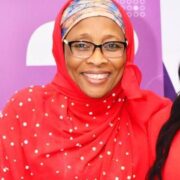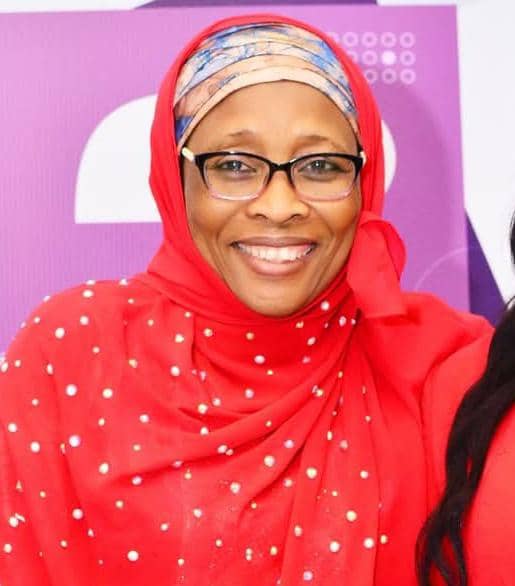The Honorable Commissioner for Women Affairs, Children, and Disabled in Kano State, Amina Abdullahi Sani, stands out for her commitment to social justice and reform especially as it concerns women and children. A seasoned social worker with a clear vision, she has become a beacon of hope for vulnerable populations, demonstrating an exceptional drive to translate policy into tangible change.
A former Commissioner for Humanitarian Affairs and Poverty Alleviation, her recent appointment to the Ministry of Women Affairs, Children, and Disabled, has already seen remarkable strides, particularly in pushing for the domestication and passage of critical laws that will better the lives of others.
Key Achievements in a short period
- Accelerated Push for PWD’s Commission Law: Within her first two months, Commissioner Sani has successfully pushed for the PWD’s (Persons with Disabilities) Commission law to be signed into effect by His Excellency, a significant victory for the disabled community in Kano.
- Driving Domestication of the Violence Against Persons Prohibition (VAPP) Act: Recognizing Kano’s unique cultural and religious sensitivities, Commissioner Sani is spearheading efforts to adapt and domesticate the VAPP Act. She is actively engaging with religious leaders and stakeholders to ensure the law is culturally appropriate, aiming for its passage within the next month.
- Pioneering the Ministry of Humanitarian Affairs and Poverty Alleviation: As the inaugural Commissioner for this new ministry, she laid a strong foundation, establishing crucial partnerships and setting up systems to effectively address humanitarian challenges and poverty alleviation initiatives in Kano State.
- Advocacy for Gender Equity over Equality: In a nuanced approach to women’s rights within Kano’s cultural context, she advocates for “equity” rather than “equality” to ensure policies are well-received and implemented without cultural backlash.
- Championing Women’s Inclusion in Governance: Commissioner Sani is a vocal advocate for the 35% affirmative action for women in decision-making roles, calling on both Nigerian and Kano State governments to prioritize women’s inclusion in policy formulation and empowerment initiatives.
Sani’s approach is rooted in her deep understanding of social dynamics and her commitment to inclusive development.
Speaking exclusively to the Women News Today during a recent interview in Abuja, she articulated her immediate priorities and long-term aspirations for her ministry. “What I am doing now is just trying to put them in place, maybe the law to be domesticated, laws to be passed,” she stated, emphasizing the urgency of legal reforms.
Her determination to see the VAPP Act passed in Kano, a state known for its conservative stance on certain legislation, is particularly noteworthy. She is meticulously navigating the delicate balance between legal reform and cultural sensitivities, explaining, “We want to give it a very suitable name that people will not react on it or violate on it, have any crisis that we are trying to just join or compare women and men the same equity, equality and so on. So we are trying to change the name.” Her strategic shift from “equality” to “equity” in terminology reflects a pragmatic approach aimed at garnering widespread acceptance and preventing misunderstandings.
Reflecting on her transition from Humanitarian Affairs, Commissioner Sani believes her background as a social worker is a significant asset. “Maybe based on my competency or based on my qualification as a social worker,” she posited, “A social worker can also handle humanitarian, also handle women affairs. They are working hand in hand.” This holistic perspective allows her to address the interconnected challenges faced by women, children, and disabled individuals.
Looking ahead, Commissioner Sani is focused on leaving a lasting legacy. “I want to leave many legacies inshallah,” she affirmed. Her vision extends beyond legislative achievements; she aims to fundamentally improve the lives of the most vulnerable in Kano State through comprehensive support and empowerment programs. Her general message to the Nigerian government and specifically to Kano State is a powerful call to action: “Government should look upon women. Women, we are the most vulnerable and we are the housekeepers… Government should carry us along in decision making and in terms of empowerment, encouragement.”
Amina Abdullahi Sani is not just a commissioner; she is a catalyst for change, a tireless advocate, and a living embodiment of what dedicated leadership can achieve in a remarkably short period. Her unwavering commitment to justice and her strategic approach to reform promise a brighter future for women, children, and the disabled in Kano State.


